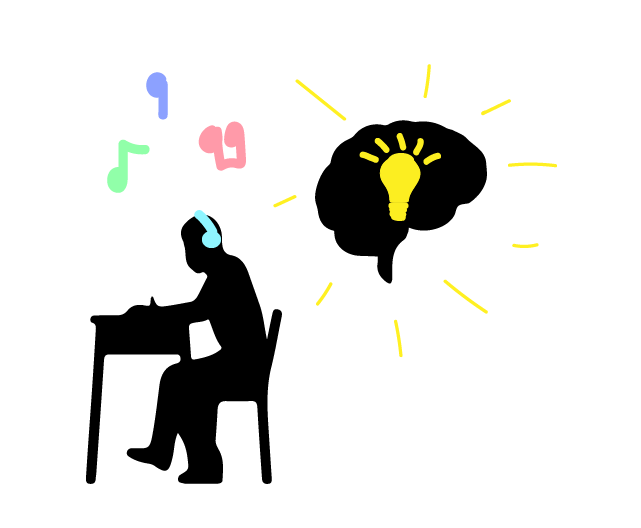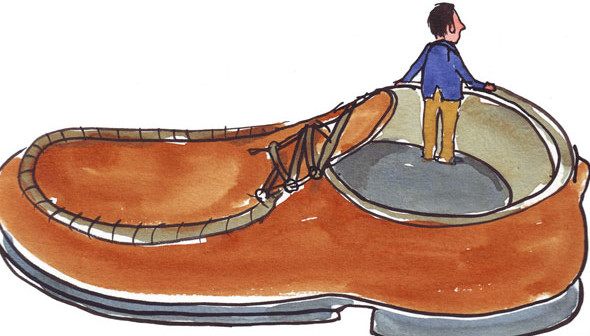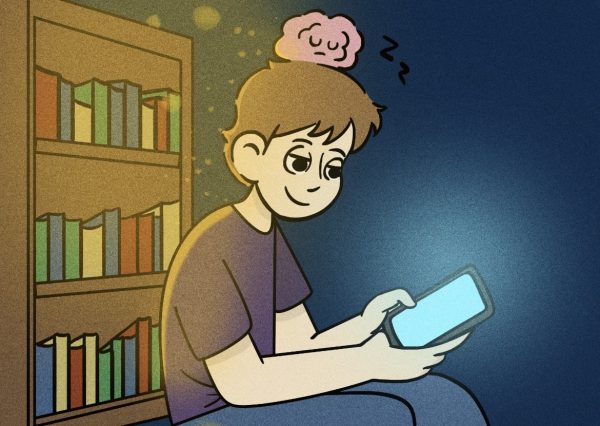Why teachers should allow music in class!
Music helps students focus in class
Sitting in class for five or six periods a day, five days a week, can quickly become boring and make it difficult to focus. By fourth period most students lose interest in what’s going on during class.
The information being taught can be crucial information for the course and losing interest is detrimental to students’ grades. In addition to losing focus quickly in school, many students are also extremely overwhelmed and stressed out.
One thing this generation turns to and relies on is music. Sadly, most teachers usually don’t allow the use of headphones in class even though it can have a very positive effect for their students.
Many teachers and staff may disagree since it can be used as a distraction and cause students to fall behind in class. However, they could be extremely wrong.
Why should they?
The University of Maryland Medical center announced that students should listen to music. They claimed that “Music is an effective stress reducer in both healthy individuals and people with health problems. Research finds that listening to soothing music can decrease anxiety levels.” With the stress and anxiety that school can create or make worse, it would be good to have a way to calm your mind while doing your work.
Not many people know that music engages with the neocortex of our brain. The neocortex is responsible for things like attention, thoughts and perception. When hearing music, it helps humans reduce impulsivity and calms us down. Music can be utilized as a calming agent for those who struggle with mental health.
Most students already listen to music during their daily activities. Such as getting ready, working out, cleaning, doing homework, etc. Music is something easy to multitask with. Yes, maybe sometimes that one song may come on and you’ll wanna start singing or dancing, but that song can also keep your brain going. Which can be extremely helpful while class is going on.
Think about all the times you catch yourself singing even without music playing. It’s something that just happens naturally. Or have you ever had a moment where dancing or listening to your favorite song has helped with your mental health? That is actually very normal. Anxiety is one thing many teenagers in our generation struggle with . It’s something that really has an effect on students’ work and their work ethic. Something everyone can consider is that music is a really powerful tool that can help with mood regulation and stress. Just think about how effective that could be in the classroom.
Teachers may not see it, but a lot of students gravitate towards music because of how soothing and comforting it makes them feel. The University of Nevada spoke about how upbeat music can make you feel more optimistic, and slower tempo music can make you relaxed and release stress.
Stress is a big thing that comes with school and as classes get more serious, it can really take a toll on students. Especially in the classroom itself, students sometimes need that extra support to keep their brains going. No matter the type of music you listen to, it can help process emotions and strengthen students while being overwhelmed.
Though music may have its negative effects, it also has plenty of positive ones that makes it worth considering. If teachers just gave music a chance, like some do now, they might see a positive change in their students’ work. Not only their work, but even their attitudes about work and being there in class.
Your donation will support the student journalists of Canyon High School. Your contribution will allow us to pay for our print issue magazine, website, and equipment costs.

Katie Sharp is the Co-Editor-in-Chief for Canyon High School’s journalism program, “The Pony Express.” This is her third year in journalism, and...






